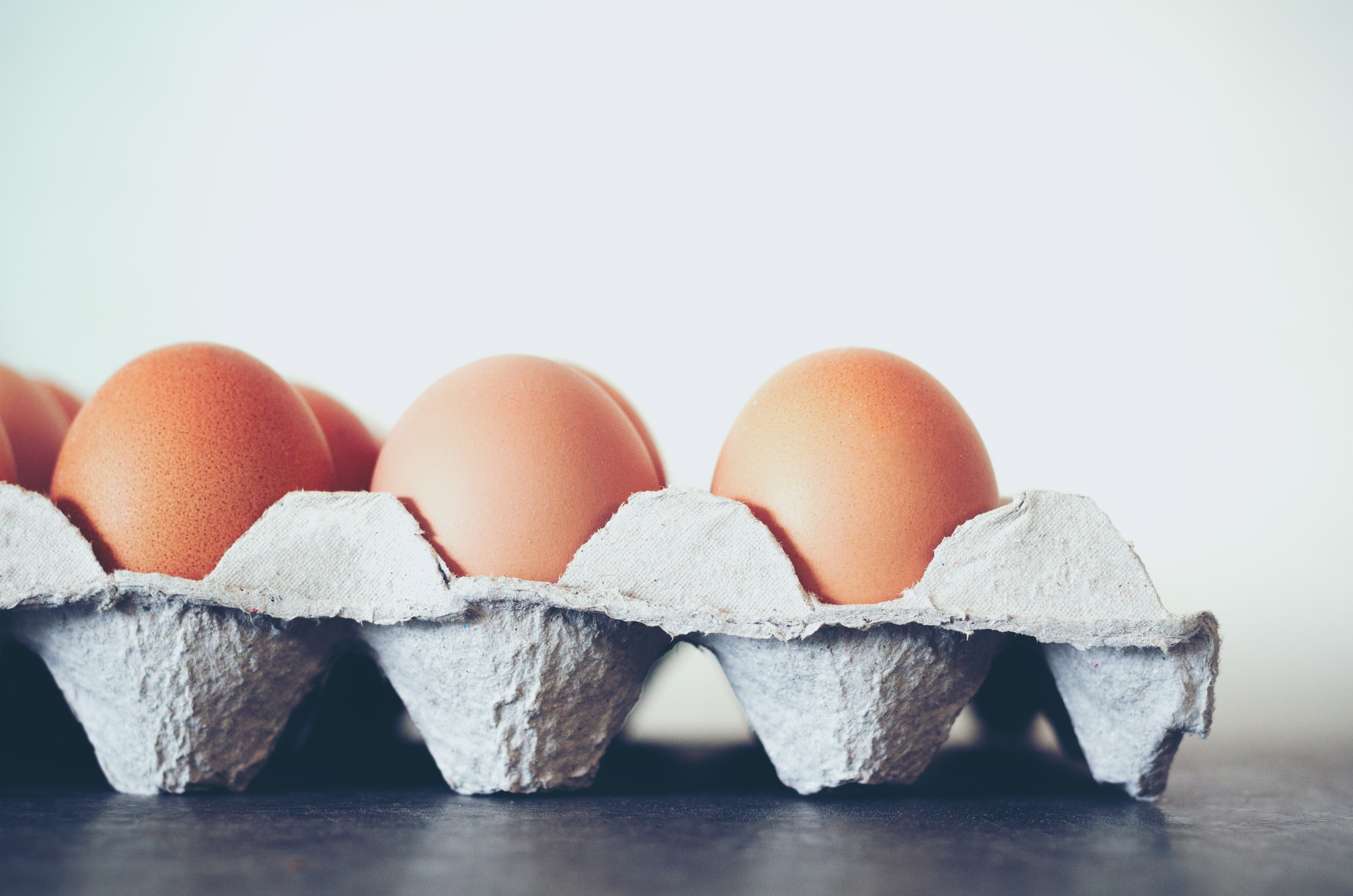Vitamin B is absolutely essential for your health and wellbeing. But unfortunately, an alarming study reveals that 40 percent of Americans may have a Vitamin B deficiency. Up until recently, the commonly held belief was that vegans and vegetarians were at the greatest risk for this deficiency. However, it looks like this can happen to a wide variety of people. So, here is why we need Vitamin B, and how you can include more of it into your diet.
Vitamin B provides energy
Vitamin B plays a key role in taking carbohydrates, fats and proteins and turning them into viable sources of energy for the body. That’s why a Vitamin B deficiency can lead to fatigue, weakness and weight gain.
Vitamin B supports brain function and nervous system
B vitamins support the production of neurotransmitters in the brain, and therefore helps you handle stress better. For this reason, Vitamin B deficiency is marked with memory problems, and even depression and anxiety.
Vitamin B may help prevent heart disease
Vitamin B can help to prevent high homocysteine levels, which can lead to atherosclerosis – the hardening and thickening of arteries. This increases the risk for heart disease and even stroke.
Vitamin B is necessary for healthy skin and hair
Your cells need Vitamin B to both repair and grow skin, hair and nails. So, to prevent dry skin, hair loss and brittle nails, it’s crucial to have Vitamin B in your diet (and beauty products!).
Vitamin B supports blood cell production
This all-important vitamin helps the body produce lots of healthy blood cells, along with nerves and proteins. Not enough Vitamin B, can lead to anemia and all of the difficult symptoms that go along with it, including fatigue and memory problems.
The best dietary sources of Vitamin B
As you can see, Vitamin B is crucial for your overall health and wellbeing. To make sure you include it in your daily diet, consider eating more of the following foods:
- Organ meats
- Grass-fed beef
- Wild-caught salmon
- Free-range eggs
- Dairy products, including yogurt, kefir and cheese
- Dark leafy green vegetables, like spinach, broccoli, Brussels sprouts and cabbage
- Nuts and seeds, including sunflower seeds, walnuts and almonds
- Beans and legumes, such as navy beans, black beans, lentils and chickpeas




